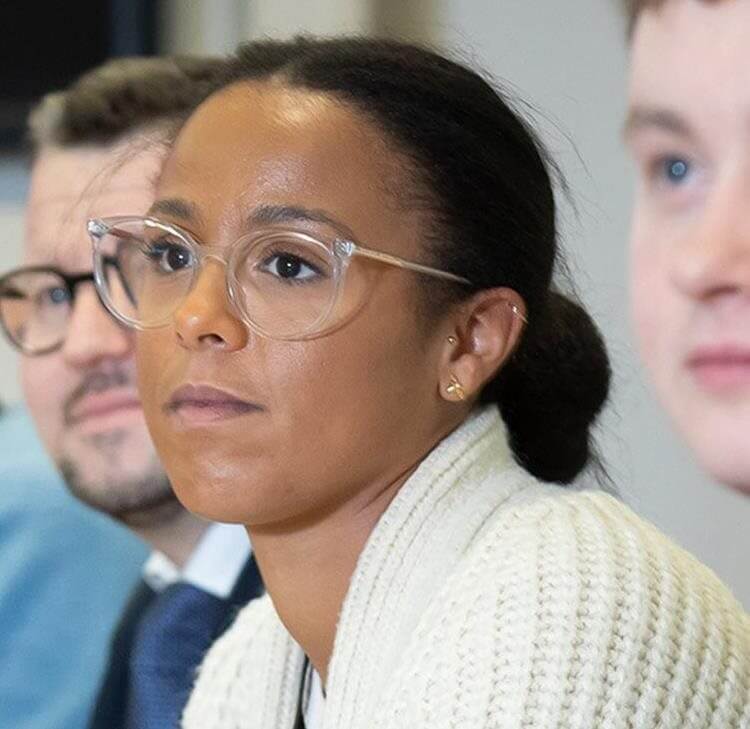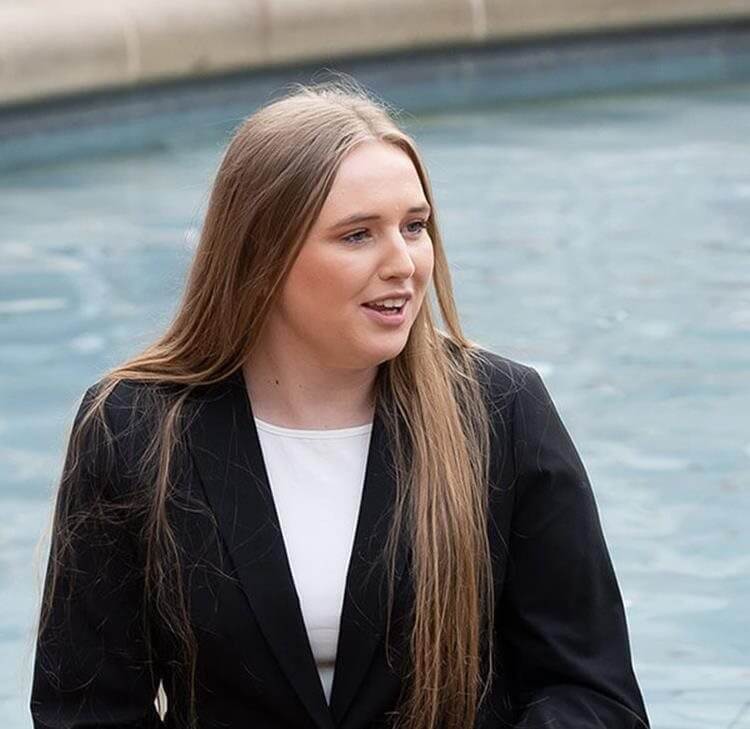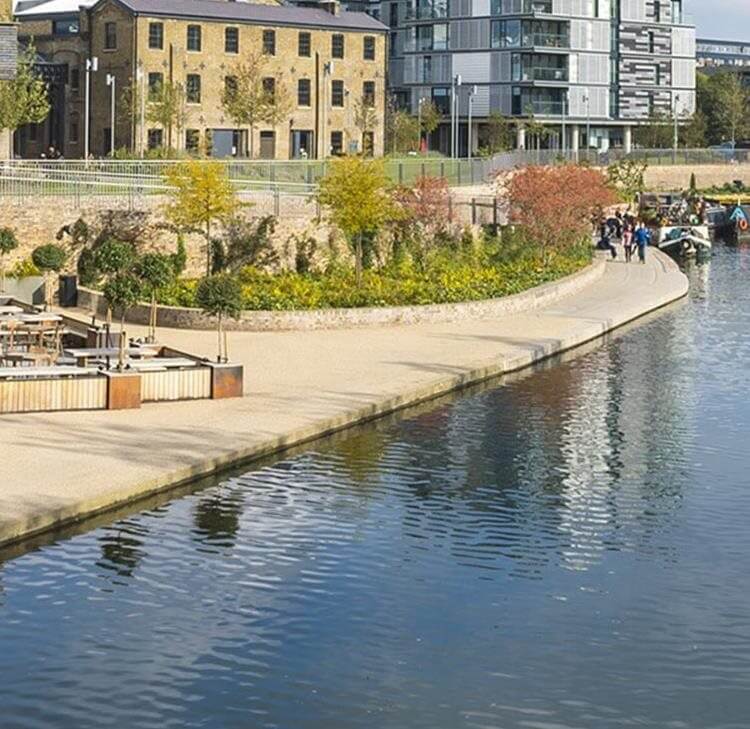What we have learned about costs claims in child abuse cases
The Courts are slowly accepting that these cases are very much now in the mainstream of litigation, they still do have their quirks which many judges consider separate them from the pool of general personal injury litigation.
These claims are far more commonplace than they were, and the list of Firms who offer to act for claimants is always growing.
The Courts are slowly accepting that these cases are very much now in the mainstream of litigation, they still do have their quirks which many judges consider separate them from the pool of general personal injury litigation. This is what our costs team have noted in dealing with those cases.
Solicitors
A claimant does not have to travel far to find a solicitor offering to dealing with an abuse case these days. As such defendants should only be paying the solicitors rates away from each claimant’s home address where it would be reasonable for a claimant to instruct them.
It is not all good news for defendants, though.
It is not uncommon for the court to allow Grade A or B rates for dealing with child abuse claims, particularly when it comes to taking instructions from a client or advising on quantum.
Equally, however, on such cases the court expects to see a significant degree of delegation to Grade C and D lawyers for the day to day work on the file and obtaining and reviewing medical records.
The question of whether these rates should be uplifted remains a risk for both parties but it should be remembered, there are far more junior lawyers in the criminal and family courts dealing with much factually worse and equally sensitive cases at far lower (i.e. LSC) rates.
Records
The records in social care cases are important, often voluminous and can cover large periods of time – far more than one would expect in a standard personal injury case.
That does not mean that they require the attention of a Grade A, B, or even C lawyer to review them. More often than not trainee Solicitors; paralegals; or lawyers of a ‘Grade D’ status are more than capable of undertaking this task, and the Court is not unsympathetic to Defendants’ submissions to this effect on assessment.
Practice note: If you really want to save costs, having your own lawyers ensure records are disclosed in a reasonably presentable condition will save you the additional costs of the Claimant’s solicitor doing the same task ( at higher rates) before being sent to their expert.
Experts
It is rare that abuse cases require more than two experts – a psychiatrist on quantum and a social care expert on liability.
Historically, the pool of experts was small, but it has grown significantly (with variable quality) in recent years - although some of the most practiced experts in these disciplines are charging even more than the lawyers by the hour for their reports.
But, when presented with a claim for such costs, it does not automatically follow that such fees are proportionate in the eyes of the court.
The majority of abuse cases settle for modest sums. An expert fee of £5,000 for a settlement figure of £10,000 is unlikely to be seen as reasonable. Both parties need to cut their cloth accordingly to ensure that the costs of their experts are proportionate to the damages recovered.
Counsel
Counsel is no exception. What was once a specialised (predominantly London based) pool, now operates nationwide.
But, does every case require an advice or a conference with counsel?
Given the potential remit for dispute on damages in light of any psychological or psychiatric damage suffered (or, perhaps, the risk of a Solicitor being sued if they undervalue a case) in our experience the Court tends to be sympathetic to a modest advice, but does baulk at JSM fees commonly sought at £7500 or thereabouts.









































